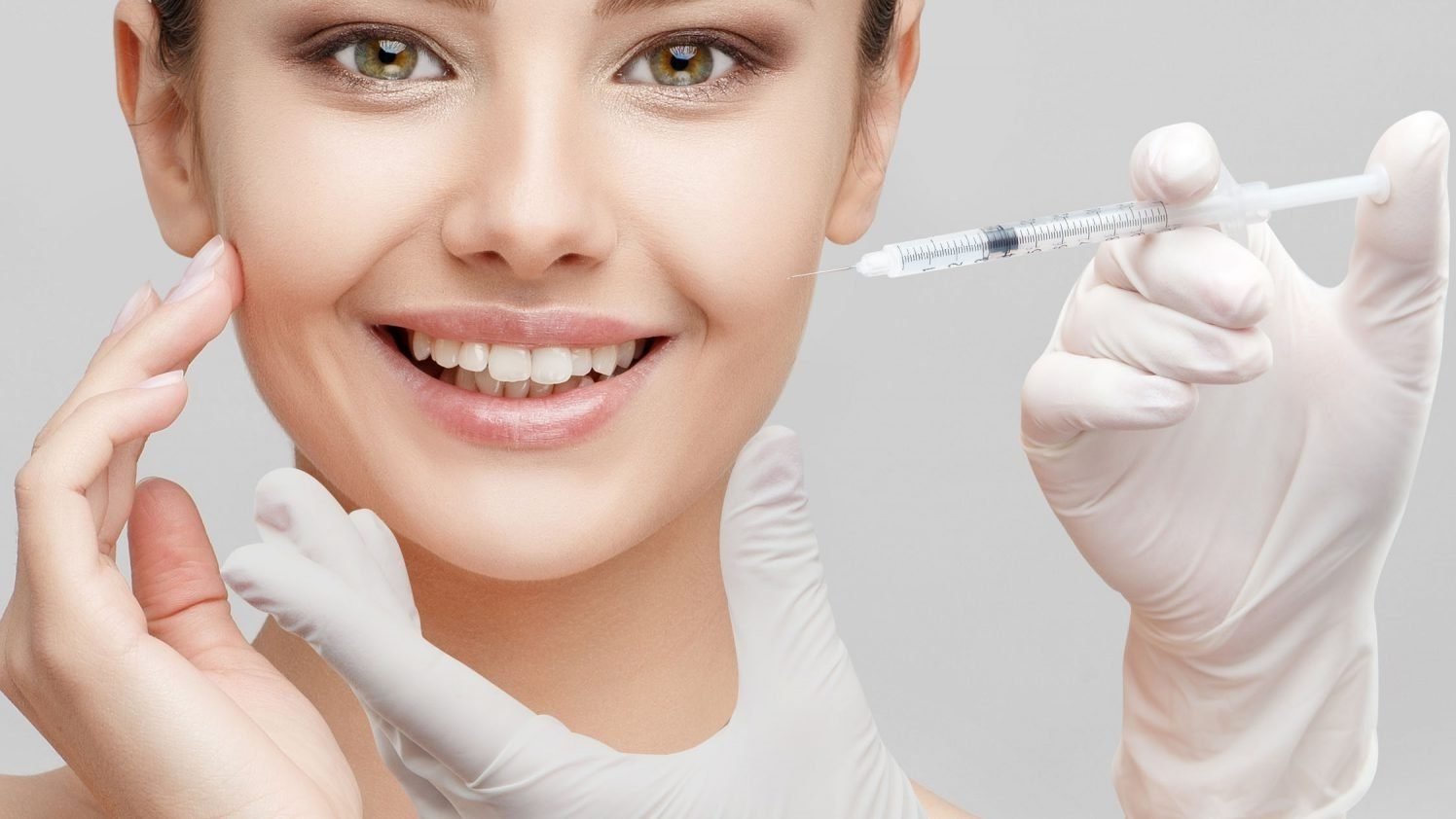Glutathione is an antioxidant found naturally in the liver and in fruits and vegetables. It is known to detoxify the body and reduce inflammation. It also helps with cellular repair and skin health. It is often taken as a supplement. However, injections are more effective and deliver results faster. Benefits L-Glutathione (also known as GSH) is the master antioxidant that’s produced by almost every cell in our body. It’s important for mitochondrial function and helps form DNA, it also supports immune function, metabolism, sperm production and tissue repair. It can even cross the blood-brain barrier and remove toxins in the brain. It’s found in your liver and is a natural antioxidant that detoxifies your system. But many practitioners claim that taking glutathione orally doesn’t give you the same results as having it injected directly into your bloodstream. People who get glutathione injections for beauty benefits have reported that it brightens skin and reduces dark spots, blemishes and acne scars. It can also boost immunity and help with weight loss. It also improves blood circulation and can help with a number of diseases that can damage the heart and lungs. It’s also been known to calm the tremors of Parkinson’s disease. It also reduces inflammation and is effective against inflammatory conditions such as osteoarthritis. Side effects Glutathione is a natural compound produced by your liver and found in many fruits and vegetables, including garlic, onions, avocado, parsley, and squash. It is a powerful antioxidant that detoxifies the body and helps remove free radicals and toxins. It can be taken orally, but practitioners claim that it doesn’t provide the same detoxifying effects as the injection method. It prevents the breakdown of proteins in the body and helps to keep cells healthy. It is also a powerful anti-aging agent and can reverse the signs of aging, such as dark spots and fine lines. It boosts collagen and elastin production to make the skin look younger. It can also reduce oxidative stress, which is associated with age-related diseases. While this treatment is generally safe, there are some side effects to consider, such as nausea. This may occur if you take too much glutathione or use the wrong dosage. If you experience this side effect, it is recommended that you seek treatment from a healthcare professional. Dosage Glutathione is a powerful antioxidant naturally produced by the liver and found in many sulfur-rich fruits and vegetables. This master antioxidant is sometimes called the body’s natural sunscreen, and it protects cells from damage caused by free radicals. It helps to reduce the signs of aging, including fine lines and wrinkles. It can also brighten your skin tone and reduce dark spots, acne scars and blemishes. You may experience some bruising or redness in the injection area, but this should subside soon after the treatment. Unlike oral glutathione, which is less effective, IV glutathione infusion delivers concentrated levels of the antioxidant directly into your bloodstream. This bypasses the digestive system, ensuring your body absorbs it quickly and effectively. Those who have used glutathione report increased energy, better immune system function, stronger hair and nails, and more radiant and whiter skin. It can even reverse sun damage and help you recover from burns and other injuries. Recovery Glutathione is the body’s master antioxidant. It is found in high concentrations in the liver and many fruits and vegetables, including garlic, avocados, squash, parsley, and kale. It is not easily absorbed orally, and needs to be administered intravenously for maximum effectiveness. Studies (7) found that glutathione increases fat burning, decreases insulin resistance, and helps the body to get rid of toxins that cause inflammation and weight gain. It also protects against oxidative damage to cellular structures, such as the heart cells in patients with coronary artery disease. Glutathione detoxifies the liver, lungs, and intestines by making fat-soluble toxins water soluble so they can be excreted in urine. It neutralizes free radicals and reduces oxidative stress in the body that contributes to diseases like cancer, diabetes, fatty liver disease, Parkinson’s, and inflammatory conditions such as arthritis. It prevents oxidative damage to the lungs of smokers and improves lung function. It can also reduce tremors for Parkinson’s patients and reduce or eliminate tissue damage in diabetics.
